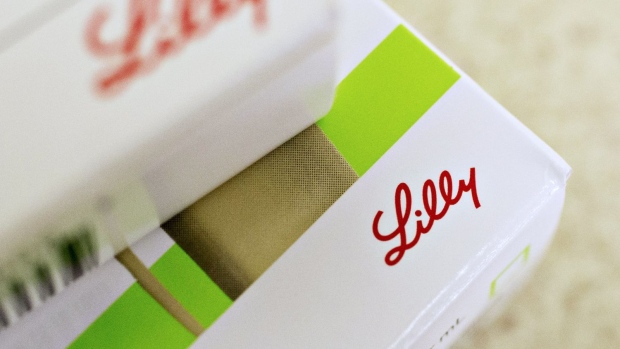Oct 26, 2020
U.S.-run clinical trial of Eli Lilly COVID antibody therapy to end
, Bloomberg News

Eli Lilly & Co. said a clinical trial of its experimental antibody therapy in hospitalized COVID-19 patients will end, after the U.S. government-run study was paused earlier this month.
The company said in a statement that the decision was based on data suggesting the treatment is unlikely to help hospitalized COVID-19 patients recover from the advanced stage of their disease.
On Oct. 14, the Indianapolis drug giant said enrollment had been paused in the so-called ACTIV-3 trial of its neutralizing monoclonal antibody treatment sponsored by the National Institute of Allergy and Infectious Diseases, part of the National Institutes of Health.
The NIH said in a statement on Monday that Lilly’s drug is likely to be ineffective in treating hospitalized patients.
The announcement is an indication that monoclonal antibodies for COVID-19 may only work if given early in the course of a coronavirus infection, before the virus has had a chance to penetrate deep into the lungs and cause serious damage. In the study, a very high dose of Lilly’s antibody was used, yet there was no indication that it was effective.
Earlier in October, the trial’s data-safety monitors recommend the pause, but didn’t recommend pausing another government-run trial, known as ACTIV-2. That trial is continuing, Lilly said, and company-sponsored studies of the antibody therapy also continued unaffected.
ACTIV-3 was testing a high-dose version of the antibody treatment Lilly is developing with Canadian biotech AbCellera Biologics Inc. in combination with the antiviral drug remdesivir. The study had already enrolled 326 participants who were hospitalized with COVID-19.
Eli Lilly is seeking emergency authorization to treat coronavirus patients outside of the hospital with the antibody outside of the hospital. In contrast to the hospital trial results, a trial in this group of patients has produced promising results in September.